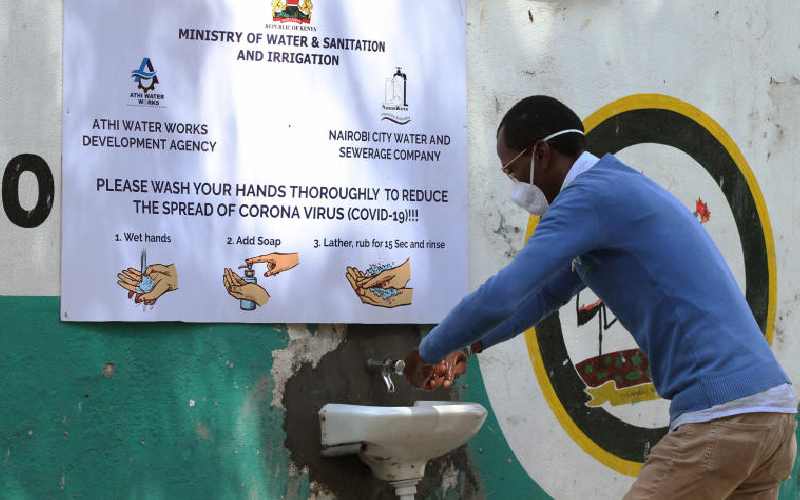×
The Standard e-Paper
Fearless, Trusted News

Stakeholders are individuals or groups of people without whom an organisation would cease to exist. One of the most important stakeholders in a business is the community in which it operates.
Businesses and communities are interdependent and their relationship ought to be mutually beneficial. Also, businesses can only thrive in healthy communities.